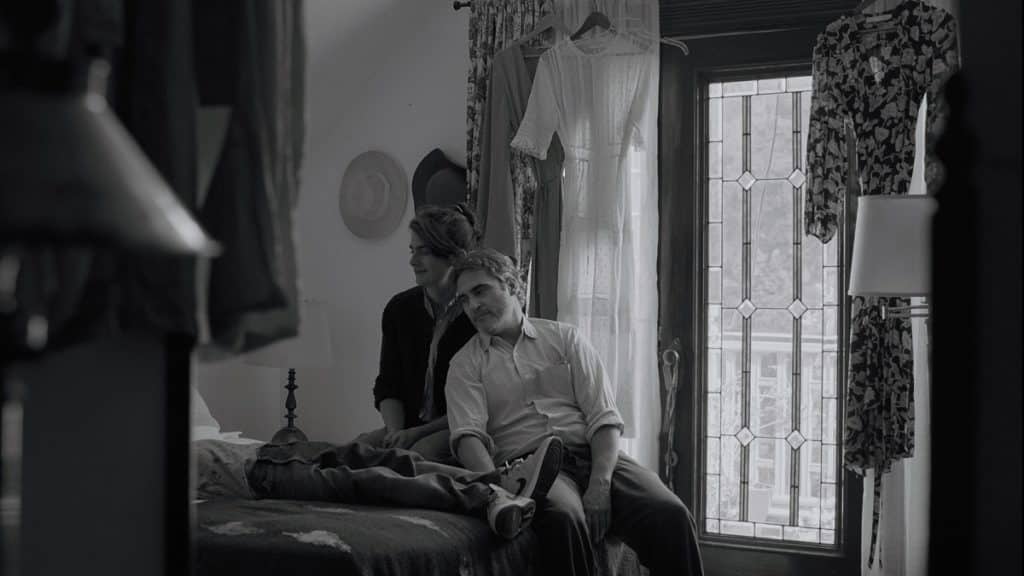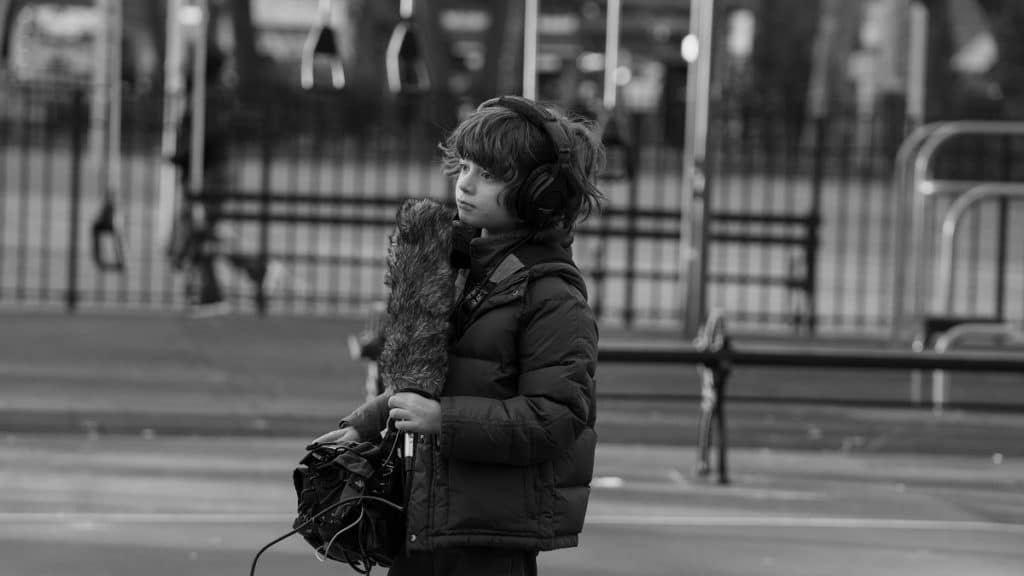Read also:
How to Watch FX Live Without CableHow To Watch AMC Without CableHow to Watch ABC Without CableHow to Watch Paramount Network Without CableMike Mills’s newest eschews cliché to capture the depth of familial and interpersonal connections.
Stories revolving around single men suddenly thrust into the father’s role (even if only temporarily) obsess about men’s ineptitude. Whether they think their failure to take naturally to childcare is biological or sociological or better played as comedy or tragedy doesn’t really matter. For whatever reason, the takeaway is still men aren’t cut out for fatherhood of any kind on their own. In a shocking breath of fresh air, C’mon C’mon says, to put it bluntly, fuck that.
When radio reporter Johnny swoops in to take care of his nephew Jesse, the awkwardness arises not because he has no idea how to behave around a child. On the contrary, it throws that tired trope out the window. Instead, the film suggests that Johnny merely needs to get reacquainted with Jesse as a whole and complete person.
We’re not watching an adult bumble around a kid. We’re watching two whole people get to know each other. Learn about each other. And discover how they’re going to fit into each other’s lives. Watching the two of them bounce off of each other is thoroughly captivating.

Joaquin Phoenix as Johnny is a delightful departure from his recent turns in Joker and You Were Never Really Here, films steeped in malice, violence, and repression. Here, he’s all tenderness and empathy. He’s a guy who’s maybe a little lonely, but not a loner by any stretch. It’s refreshing to see Phoenix radiate such warmth.
Unfortunately for him, he’s borderline out-acted by his co-star, the young Woody Norman. Norman is absolutely effortless as Jesse, possessing that rare quality among child actors to completely disappear into his role and genuinely command the screen. When he has his playful scenes with Phoenix, it’s clear his energy and lightness bring the best out of his Academy Award-winning counterpart. It’s remarkable to watch.
[Woody] Norman is absolutely effortless as Jesse, possessing that rare quality among child actors to completely disappear into his role and genuinely command the screen.
But it isn’t all laughter and play for the pair. The conflict just doesn’t unfold in the ways you might expect. Instead of being born from Johnny’s bungling, it comes from the mere fact of life that caring for a child is insanely complicated. It’s only made more difficult by how much you love them.
In C’mon C’mon, both Johnny and Viv (Jesse’s mother and Johnny’s sister), played brilliantly by Gabby Hoffman, model an incredibly modern parenting style. It’s the kind of parenting that asks parents to talk to their children, show empathy and understanding, and encourage the release of even messy emotions. Unfortunately, it’s not one we’ve gotten to see taken seriously on screen. Still, while Johnny and Viv are trying to do things right and often succeeding, the realization that this does not make things easy hits hard.

Because that’s the thing Mills most wants to communicate. Listening and responding to what you hear with kindness and empathy is crucial to our success and happiness, but it isn’t easy. Not even when it’s going well. It is hard. It is always hard. But there’s fruit at the end of your labor. You and whoever you’re listening to achieve a more fulfilling, stable, and healthy relationship.
In C’mon C’mon, there is so, so much worthy of listening. Its sound design and use of audio borders on brilliant. Everything we hear, from the understated score by Aaron and Bryce Dessner to how Mills weaves Johnny’s work as a radio reporter into the film, is critical to understanding everything Mills is trying to say.
While Johnny tries looking after Jesse, he’s working on a radio series, interviewing kids about their feelings on the future. Sprinkled throughout are snippets of these interviews, giving insight into Jesse’s generation’s actual worries and hopes. Mills also includes pieces of essays and books, from Star Child by Claire A. Nivola to Jacqueline Rose’s Mothers: An Essay on Cruelty and Love. It’s as if the filmmaker’s overwhelmed by how much exists in the world that’s worth hearing.

But the most magical instance, and the one that manages to sum up the film’s core, happens in one of the earliest scenes. Johnny sits down to dinner with Viv and Jesse, who we hear talking a mile a minute throughout the meal. The camera keeps moving, fluidly cutting from conversation to conversation, so we only catch snippets of what’s said.
Finally, Jesse excitedly explains how trees are all connected by an underground network of fungus that enables them to communicate with one another. The idea sounds halfway correct, surely mangled through a kid’s foggy memory of what they heard or read. The way the adults in the room laugh makes the line easy to brush off. That is, unless you happen to know what he’s saying is exactly correct. Further, that very fact inspired an entire Pulitzer Prize-winning book.
Then, suddenly, the line rockets the film into brilliant clarity. Mills’s inspiration is not the Darwinian vision of trees that fight each other for resources, each standing alone despite the forest. Instead, it’s the radical communal, interdependent vision that inspires connection for him. C’mon C’mon is about the messy and challenging process of building and maintaining relationships between one another, between family. And it’s a testament to how beautiful that is.
C’mon C’mon connects with audiences November 19th in theatres.